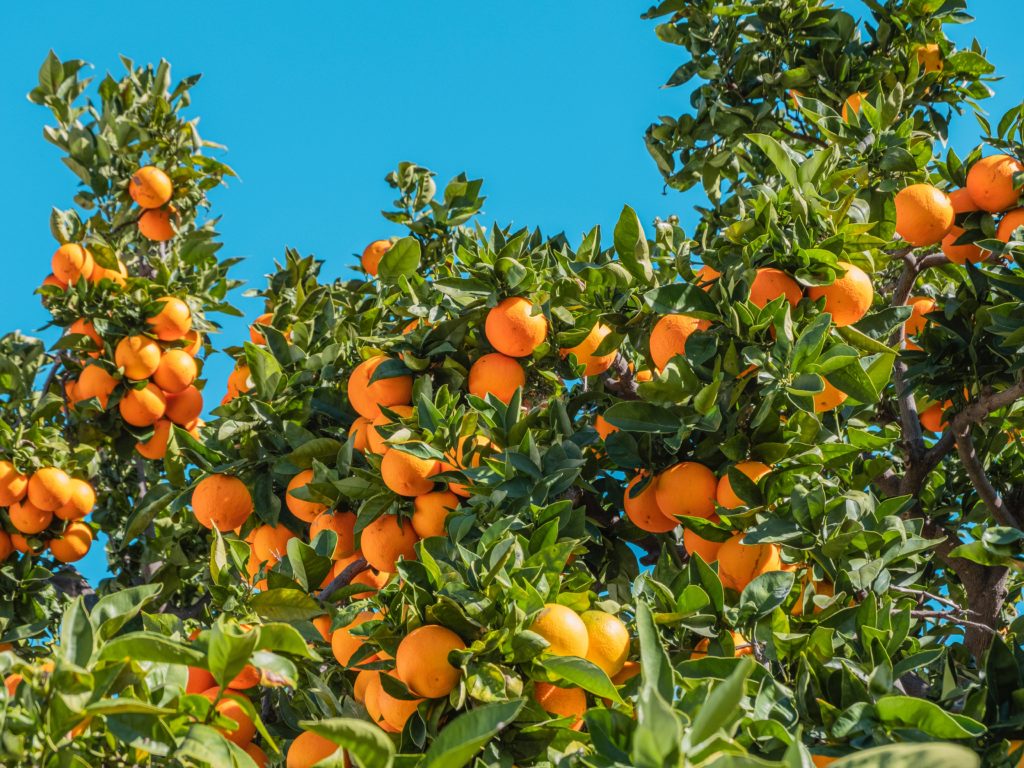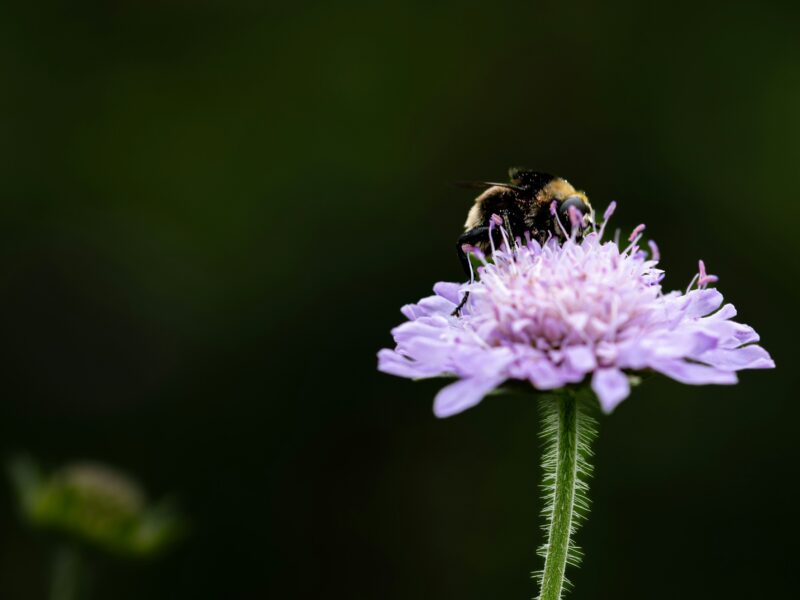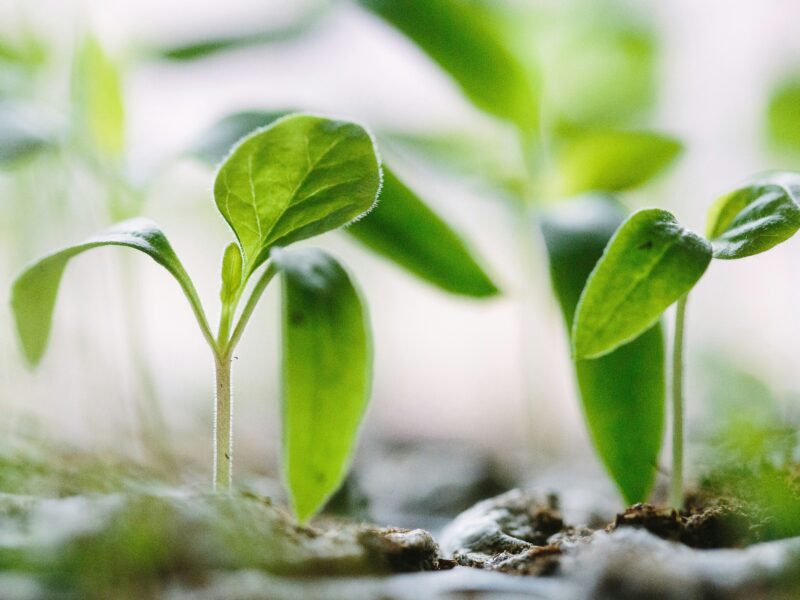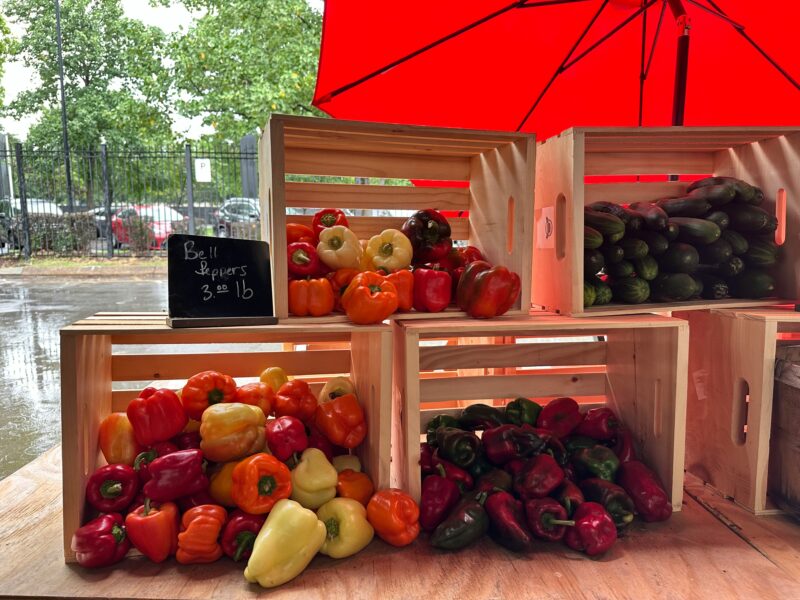Guest blog post provided by Uncle Matt’s Organic
When it comes to organic farming at Uncle Matt’s Organic, we like to live by one simple truth: Healthy soil means a healthy tree. A healthy tree means healthy fruit. As fourth-generation Florida citrus growers, we’ve stood by this mantra for decades. We believe farming doesn’t have to be complicated by using synthetic chemicals for short-term gains. We take a holistic approach to farming in order to produce delicious, nutrient-dense citrus with a clear goal in mind — the health of future generations and our planet.
Our mission to grow the healthiest citrus in Florida from the ground up has been challenged over the past two decades due to an endemic known as Citrus Greening Disease. Florida, and other states, have suffered from the invasion of a little insect called the Asian Citrus Psyllid. Beginning in the mid-2000s, our growth became uncertain, simply because there was no viable cure. Just as we’re committed to farming organically, we’re also dedicated to finding a cure for greening. But regardless, farming does begin with healthy soil.
Starting Fresh
To be certified organic, farmers can’t use any prohibitive substances – including synthetic pesticides or chemicals ––for three years prior to receiving certification. This is the timeframe the USDA requires to allow the residues from prohibited substances to fall below USDA standards.
We’ve gone a step further so far as to have our juice-certified Glyphosate Residue Free by the Detox Project. This is a third-party certification that tests for residual glyphosate that might still be present in the soil after the three-year USDA organic standard.
We farm this way because over the long term we have seen that organic practices make for healthier trees, which in turn bolsters nutrient density in our juices. In the end, more nutrient density means a healthier body and planet. That all starts from the soil.
Weed Control and Organic Herbicides
Many people think that healthy soil is determined by a lack of weeds. At Uncle Matt’s, we believe that yielding healthy soil can be achieved with the presence of oft-undesirable weeds. Weeds provide an opportunity for symbiosis in the soil. Weeds can certainly get in the way of production crops, but there are organic maintenance options! These holistic maintenance methods we practice ––and recommend––take a little more planning but offer rewards in the end.
Rather than spraying glyphosate to manage weeds, when we plant our citrus trees, we typically lay a six-foot wide ground cloth first. Then we cut a hole in the cloth to plant the tree in the center. Weeds eventually permeate the cloth, but the ground cloth does significantly slow that progress.
Weed eaters are another great option! While this also doesn’t rid the soil of weeds, weed eaters mow them down to reduce their appearance. This also helps keep the height of the weeds from getting out of control and potentially interfering with tree growth. Another benefit of weed eating is the weed’s roots remain. Despite their decreased above-ground appearance (and annoyance!), the living roots of weeds below ground will continue to contribute to SOM (soil organic matter), soil structure, and other beneficial soil systems such as mycorrhizal fungal networks.
We also apply approved natural substances like vinegar to discourage weed growth. The acetic acid found in vinegar stunts weed growth. Clove and Neem oils are two other compounds that have been shown to combat weed growth effectively.
Cover Cropping
Cover crops are planted with a purpose! Even if they do produce a legume or grain (the most common cover crops), their real purpose is to support soil health. Cover crops are similar to weeds, but no mowing is required. By utilizing cover crops, we see less pesky weeds. A few of the cover crops we use in our citrus groves are black-eyed peas, hairy indigo, and hairy vetch.
You’re probably wondering how these help the soil. Well, it’s all about soil composition. To quote lifelong citrus grower and Uncle Matt’s Production Manager (and dad), Benny McLean, “Everything you need to grow the tree is already in the soil, it’s just not all available. A true organic grower has to figure out how to make what’s unavailable, available. It’s chemistry!”
By utilizing cover crops in our groves, we’re making more manganese, as well as other vital nutrients, through a process called nutrient cycling. When more productive nutrients are available, the citrus tree roots can solubilize (absorb) the nutrients. Cover crops assist citrus tree growth as one of the primary nutrients a citrus tree needs to grow and build its immune system is manganese.
Natural Fertilizers
While there are a lot of fertilizers available in the market, many of them are synthetic and can be toxic. The gold standard for organic fertilizer is compost, especially homemade compost! Compost is a healthy way to control exactly what is being used to nourish the soil and plants. It’s also planet-friendly and helps reduce yard and food waste.
Some of the other natural fertilizers we use are feather meal, peanut meal powder, and cottonseed meal to nourish crops through their nitrogen (N) content. Nitrogen is another element needed for healthy plant growth.
Healthy, organic soil remains key to growing healthy fruit in perfect circumstances, however, the introduction of the Asian Citrus Psyllid and with it, Citrus Greening Disease, added an additional layer to our approach to organic farming. Uncle Matt’s grandfather, Angus “Pappy” McLean, once said, “If you love change, you’ll love agriculture because two seasons are never the same.” While he didn’t live to see the lasting impacts of greening on Florida’s beloved crop, his attitude towards Mother Nature’s surprises has been a driver towards managing this disease organically.
So, what is Citrus Greening Disease?
Citrus Greening Disease is one of the most serious diseases in the world. The scientific name is Huanglongbing (HLB) or yellow dragon disease. It is a bacterial disease that is spread by an insect called the Psyllid. Once a tree is infected, the disease spreads to the Phloem (the tree’s main artery) causing severe issues with nutrient uptake. The disease causes trees to starve and citrus fruits to drop from limbs prematurely and rot. Once a tree is infected, there is no cure.
How do we manage Greening?
Unfortunately, there is no cure for greening yet, but Ben McLean III, Uncle Matt’s brother and head of R&D and Research, is hopeful that we’re on the right track. We have some great tools in organic citrus production to combat the disease.
One of the best and most important tools we have is improved genetics. We have good breeding programs through partnerships with the University of Florida and the USDA. What’s evolved are tolerant root stalks and hardier scion varieties which show more resistance to the disease. Those can be used by organic growers because they came from a conventional breeding system and are not genetically engineered or considered GMOs.
We also have two great tools to help control the Asian Citrus Psyllid itself. Botanical oils such as neem oil and clove oil give us good control of the vector without harming our beneficial populations. Secondly, we have access to beneficial wasps. Tamarixia wasps are grown at the University of Florida, and we receive packages weekly to release this biological control out into our grove. We’ve found that by combining botanical oil with beneficial wasp releases, we’ve been able to keep Asian Citrus Psyllid populations down very low in our organic grove.
Most importantly, all of these approaches are organic. In our efforts to combat the disease we never lose sight of our mission to do right by the soil, our consumers, and the environment. It’s all about looking for earth-friendly options, even if the maintenance involves a little more work. We’re confident in the long term we’ll be able to effectively manage this disease and provide the healthiest, synthetic chemical-free juice to our consumers. Adapting to change and growing a healthier generation are all a part of our organic commitment.









